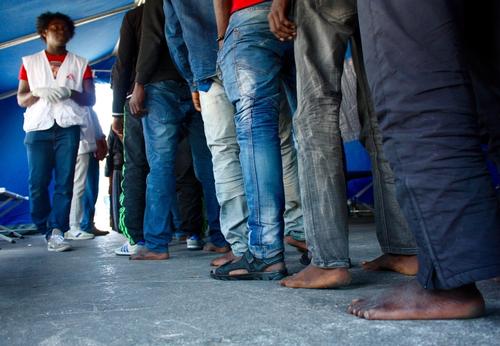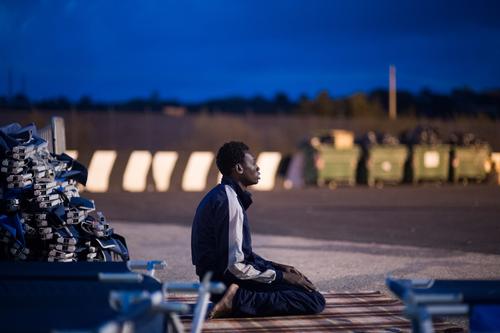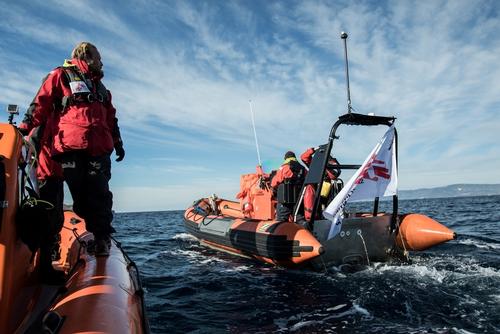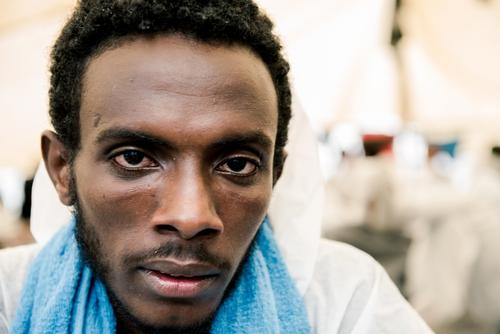Rome – Médecins Sans Frontières (MSF) will end its medical activities inside the first reception centre in Pozzallo as well as its psychological support projects across the secondary reception centres of Ragusa province, on the Italian island of Sicily. Minimum conditions are no longer met for an effective collaboration with authorities and MSF reiterates its call for a concrete and long-term response to the medical humanitarian needs of vulnerable migrants, refugees and asylum seekers who have survived extremely harsh conditions during their journey to Europe as well as in their countries of origin.
During months of bilateral negotiations and in a report presented to a Parliamentary Commission last month, MSF has repeatedly highlighted the shortcomings of Italy’s first reception system. However, local or national authorities have so far shown no concrete sign of improvement or a political willingness to improve raising concerns that a structurally inadequate model of reception may well become the norm in Italy.
"Despite our requests, the overcrowding, the lack of legal information, the lack of protection and the all-round precarious and undignified conditions in which people are received in Sicily continue,” said Stefano di Carlo, MSF Head of Mission in Italy. “Under current circumstances, which we fear will continue, our capacity to offer an effective response to the medical and psychological needs of vulnerable people – including pregnant women, minors and victims of torture – in Pozzallo and in secondary reception centres across Ragusa Province is extremely limited.”
During the past year, over 150,000 people have arrived in Italy by sea, and 15,000 of them have landed at the port of Pozzallo, where the MSF team – made up of medical doctors, nurses, psychologists and cultural mediators – has been supporting the Ragusa Provincial Health Agency with medical screening and a 24 hour medical service inside Pozzallo’s first reception centre (CPSA). Since February 2015, more than 3,000 consultations have been carried out. In secondary reception centres (CAS) of Ragusa province, MSF has provided over 800 consultations for people in need of psychological support and in particular, to those in need of assistance following traumatic events.
“Less and less attention is given to the protection of the vulnerable people who arrive after long journeys at sea. During the landing and in the first reception stage in Pozzallo the health and psycho-social wellbeing of new arrivals must be made the priority”, adds Dr Federica Zamatto, MSF Medical Coordinator for Migration Programmes. “As the Pozzallo centre is about to become a ‘hotspot’, we are extremely worried that this setup, one we find totally inadequate, might become the model for first reception in Italy.”
Whilst MSF is leaving Pozzallo, the organisation will continue its activities in support of refugees and migrants elsewhere in Sicily and mainland Italy, through projects in Trapani, Catania, Rome and Gorizia and calls on Italian authorities to ensure adequate reception conditions and put the needs of the most vulnerable refugees and migrants first.
In May 2015, MSF took the unprecedented decision to begin search and rescue operations in the Mediterranean Sea. As of today the three boats operated by MSF have assisted over 23,000 people. In addition, a new team – made up of a psychologist and cultural mediators – has been providing psychological first aid. The team has responded to 14 events in 8 Italian ports, assisting 2500 survivors of traumatic events during their sea journey.






